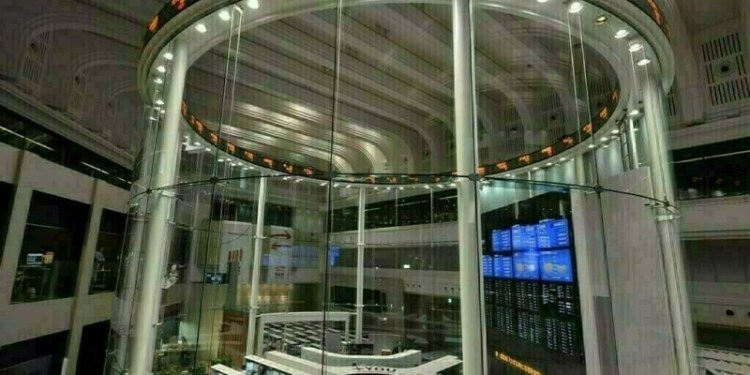MOSCOW: The Russian rouble crashed to its weakest levels in two and a half years on Thursday, pressured by fears of more Western sanctions after Britain revealed details about the Salisbury nerve agent attack.
The rouble hit 69.64 versus the dollar in afternoon trade on the Moscow exchange, the level last seen in late March 2016. This took the rouble’s year-to-date loss against the greenback to more than 17 percent.
Versus the euro, the rouble slid to 80.85, its weakest level since March 1, 2016.
“There was a huge purchase of foreign currency after the US market has opened, apparently, ahead of the United Nations hearings,” said a dealer at a Russian state bank, who asked not to be named, referring to a briefing at the UN Security council on British findings about a nerve agent attack in the city of Salisbury in March.
France, Germany, Canada and the United States on Thursday backed Britain’s assessment that Russian officers were behind a nerve agent attack on a former Russian spy and his daughter and pledged further action.
Moscow has repeatedly denied any wrongdoing.
Russian officials have so far publicly played down the importance of the rouble’s slide that began in early August.
Finance Minister Anton Siluanov said on Thursday he believed recent rouble volatility should not last for long, adding that his ministry and the central bank both have the tools to react.
The central bank has already halted its daily buying of foreign currency on the market until the end of the month and has indicated it was ready to raise interest rates.
Central Bank Governor Evlira Nabiullina said on Thursday her bank might need to tighten monetary policy to control upside risks to inflation, days before the rate-setting meeting scheduled for Sept. 14.
Nabiullina was speaking at the International Monetary Fund headquarters in Washington DC where she shared Russia’s experience of switching to an inflation targeting policy.
The rouble pared some losses by 1627 GMT and traded at 69.35 versus the dollar, down 1.6 percent on the day. Versus the euro, the rouble was down 1.5 percent at 80.56 .
BONDS BATTERED
Investor nervousness about sanctions was also evident in the bond market where yields of 10-year government bonds, known as OFZs, rose to 9.15 percent for the first time since June 2016 , moving inversely with their prices.
“There are no buyers on the market. Players are driving bond yields to levels where a balance of supply and demand is possible, which I think is above 9 percent for 10-year papers,” said a dealer at a major Western bank in Moscow.
Nabiullina’s comments also contributed to the increase in bond yields as she said there were reasons for raising rates.
Deputy Finance Minister Vladimir Kolychev said on Thursday his ministry and the central bank may consider stepping into the OFZ market if there was extreme volatility. But there is no such “stress” on the market right now that could cause an intervention, he said.
While some monetary policy tightening should help stabilise the situation on financial markets, it is widely expected to hamper Russia’s sluggish economic growth.
The economy ministry has lowered its forecast for economic growth this and next year, citing expectations for moderately tight monetary policy, faster capital outflow and business pessimism amid new US sanctions.
Source: Brecorder




























